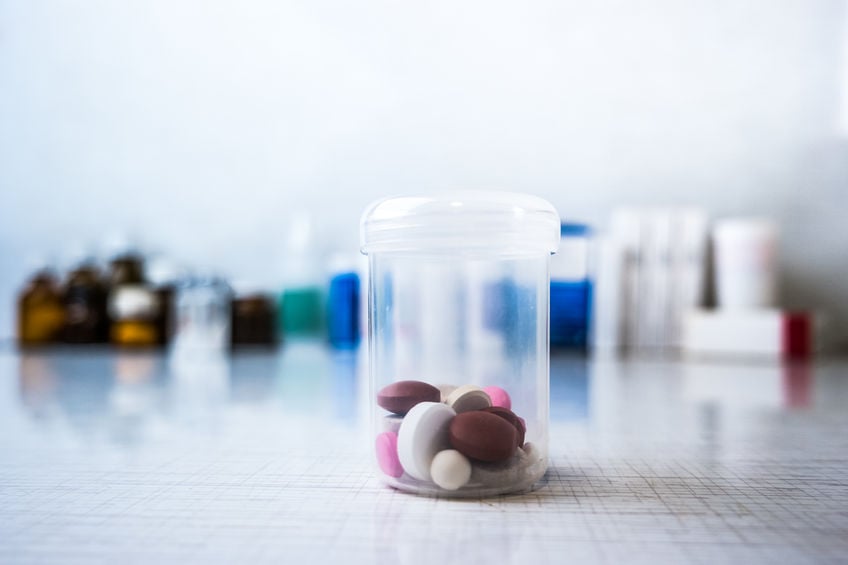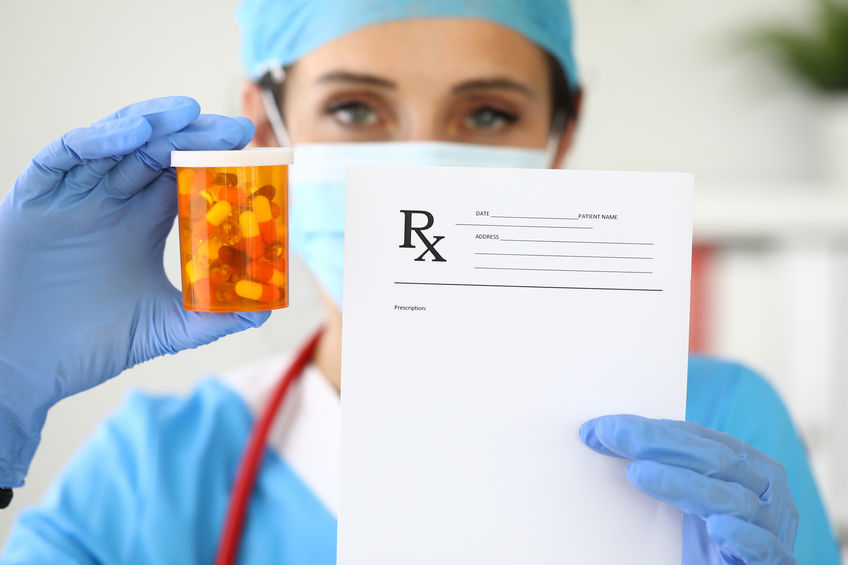Side Effect Or Drug Allergy?
Almost every prescription drug comes with a list of possible side effects. These are minor to more severe symptoms that can arise from taking the medication. Sometimes, patients confuse a side effect with a drug allergy. When a person has a drug allergy, the immune system reacts negatively to an ingredient in the medication by creating histamines. Patients should know the difference between side effects and an allergic reaction to a prescription to stay safe. If an allergy is identified, compounding can help.

Am I allergic?
Drug allergies present differently from side effects or simple drug intolerances. Side effects are often advertised by the pharmaceutical company or disclosed by the pharmacist. Drug allergies have similar symptoms to other allergic reactions. Some common signs include hives, red skin, itching, or rashes. Severe reactions limit breathing, cause swelling of lymph nodes, or in extreme situations, anaphylaxis. Drug allergies can occur regardless of if the drug is in solid or liquid form, and the dosage can increase or decrease the allergic reaction. Look for allergy signs and seek medical advice immediately.
Confirmatory testing
Allergic reactions are often ignored initially, as many think these symptoms will disappear. However, if left untreated, drug allergies can be life-threatening while reducing the drug’s effectiveness. Allergies are sometimes hard to confirm, so the doctor may schedule a patch test or allergy test. The patch test places samples of the drug on the skin to ensure a reaction. Allergy tests are skin prick tests or blood tests to confirm allergens. From there, the doctor can work with a pharmacist to find alternative medications without the allergen. Some doctors will recommend an antihistamine to counteract the effects of the prescription. However, this may impact the active ingredient in the medicine. The best option is to find an alternative or create a similar medication with compounding.
Can compounding help?
If no alternatives are available without the allergen, a doctor or pharmacist will suggest compounding. The process gives patients more control over the prescription. Compounding creates a drug using raw ingredients or multiple medications that is suitable for the patient. Pharmacists are experts in drugs, side effects, and interactions. Those with compounding experience can recreate the needed medicine and control the ingredients. For patients with allergies, this is good news. The pharmacist can remove the allergen, increasing medication adherence and safety.
Practice medication safety
Some patients are unaware of a drug allergy until the reaction occurs. Others may be unaware the medicine even contains additional ingredients that could trigger a reaction. Whatever the reason, discovering a drug allergy can be disturbing. Most patients are caught in the dilemma of treating the underlying issue or enduring the allergic reaction. If there are no alternatives, compounding can save lives by removing that ingredient completely.
RECENT
ARTICLES



Our Patients Say
We pride ourselves on providing exceptional customer service to our community. Here are a few things that the community is saying about us.
Convenient and quality service. Ive never had my prescriptions filled quicker and the pharmacist took the time to tell me about what I was taking.
Excellent experience! Friendly, knowledgeable staff!
I have been a customer since they opened. Julie and Hiten have both treated me with the utmost respect and have always been ready to take care if my needs with a smile




